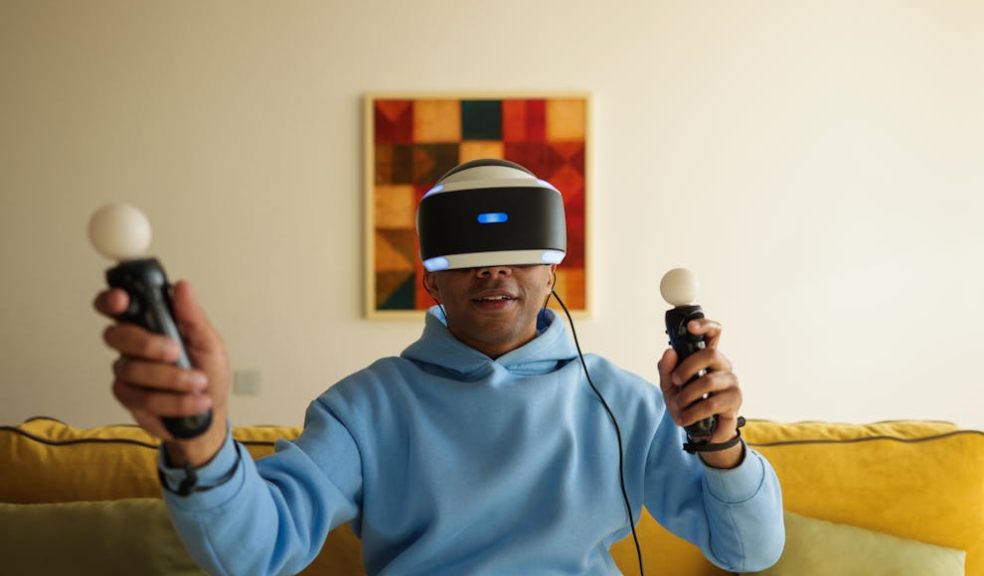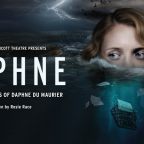
The Future of Entertainment: How Technology Is Transforming How People Spend Their Free Time
The concept of leisure has changed dramatically over the past two decades. What was once simply a break from work has become a dynamic digital experience. Technology has made entertainment more interactive, more personal, and more accessible than ever before.
The modern understanding of free time now includes streaming, social gaming, and immersive digital environments. People are no longer just spectators – they are part of the process. Entertainment is no longer tied to geography or schedules; it follows users wherever they go.
This transformation represents a deeper cultural shift: relaxation is now linked with technology as much as with creativity or curiosity.
The Digital Foundation of Modern Leisure
High-speed connectivity and the expansion of smart devices have completely changed the way people experience entertainment. Music, games, and films are instantly available, tailored to individual preferences and behaviour.
Algorithms learn what users enjoy and refine their experience accordingly. Instead of waiting for programmes or scheduled broadcasts, people now create their own entertainment routines – even their own personal ecosystems.
Online platforms such as Fat Pirate Casino show how design and technology merge to create interactive digital spaces. Here, users do not simply consume content; they shape it through participation and choice.
The digital shift has replaced traditional leisure with constant access. Entertainment has become a seamless element of everyday life.
Artificial Intelligence and Predictive Entertainment
Artificial intelligence plays a central role in how entertainment is developed, delivered, and consumed. AI systems now curate content, optimise timing, and enhance user engagement across nearly every form of media.
Streaming platforms use data-driven models to recommend what to watch. Games adapt dynamically to skill levels and playing styles. Personalisation is no longer a luxury – it is a standard expectation.
Platforms like Fat Pirate Casino utilise AI not only to enhance the experience but also to ensure fairness and transparency. Through intelligent monitoring and real-time analytics, they maintain balance while supporting a more engaging experience.
AI enables entertainment to evolve continuously, turning static media into a living, adaptive process.
Immersion and the Rise of Virtual Reality
Virtual reality (VR) and augmented reality (AR) are redefining the sensory side of leisure. They move users beyond simple observation, placing them directly inside digital stories and simulated environments.
VR concerts, interactive museums, and immersive gaming worlds demonstrate how technology can extend and deepen human experience. These innovations allow users to explore art, sport, and culture from new and personal perspectives.
As equipment becomes more affordable, VR and AR are entering the mainstream. The emphasis is shifting from watching to participating. This evolution is changing not only how people play and watch, but how they understand entertainment itself.
The Social Side of Digital Entertainment
Entertainment has always had a social dimension, but technology has magnified it. Online gaming, streaming, and virtual communities have created global forms of connection that cross borders and languages.
People now build friendships, share projects, and celebrate achievements in digital spaces. Leisure has become an interactive network where communication and creativity thrive.
A clear example is https://fat-pirate1.com/, which merges accessibility, design, and responsible engagement. By encouraging participation and fair play, it reflects a wider move towards meaningful and socially aware digital interaction.
The rise of online socialisation shows that leisure is no longer separate from daily life – it has become a new kind of social experience.
The Economics of the New Entertainment Model
The digital revolution has also changed how entertainment is monetised and valued. Traditional one-off purchases have been replaced by subscriptions and microtransactions.
This shift changes the focus from ownership to engagement. The success of a platform now depends on user loyalty and long-term interaction rather than single sales. People seek services that combine reliability, variety, and personal relevance.
At the same time, smaller creators have gained unprecedented access to audiences. Affordable creative tools and global digital distribution allow independent developers and artists to compete with established companies.
However, this accessibility brings new challenges. Managing small, recurring expenses requires financial awareness. Modern entertainment now demands not only attention but budgeting skills.
Responsibility and Balance in the Digital Age
As online entertainment becomes more immersive and accessible, responsibility becomes central. Designers and companies must ensure that innovation does not undermine wellbeing or transparency.
Responsible design emphasises moderation, informed choice, and control. Platforms such as Fat Pirate Casino integrate these principles through clear spending limits, tracking tools, and transparent user settings.
Ethical innovation ensures that technology enhances enjoyment rather than dependency. The next stage of entertainment will depend on how well companies balance creativity with care.
Human Creativity in a Technological World
Technology provides the tools, but human imagination gives them purpose. Emotion, storytelling, and culture remain at the core of every form of entertainment.
Artists and developers now collaborate with intelligent systems to produce experiences that are both data-driven and emotionally rich. Interactive films, AI-assisted music, and digital art installations are redefining creativity for the modern age.
Rather than replacing human talent, technology extends it. Each innovation adds new layers of possibility to how stories are told and how audiences connect with them.
The Future of Leisure – Integrated and Intelligent
The future of entertainment lies in integration. Artificial intelligence, immersive design, and real-time interaction will merge to form adaptive experiences that adjust naturally to the user’s context, location, and state of mind.
Platforms like Fat Pirate Casino already represent this direction. By combining real-time analytics, dynamic design, and live engagement, they create ecosystems that evolve continuously.
Entertainment will soon feel effortless – shifting fluidly between physical and digital spaces. The goal is not to replace traditional forms of leisure but to enhance them through intelligent design.
Even as technology continues to reshape every aspect of leisure, its purpose remains constant: to connect people, inspire imagination, and create meaningful experiences that enrich daily life.



















